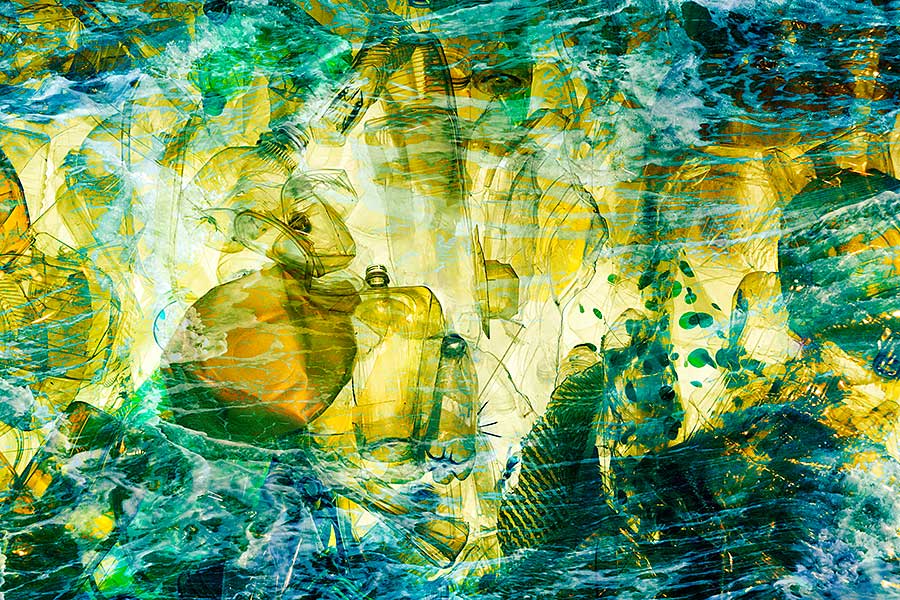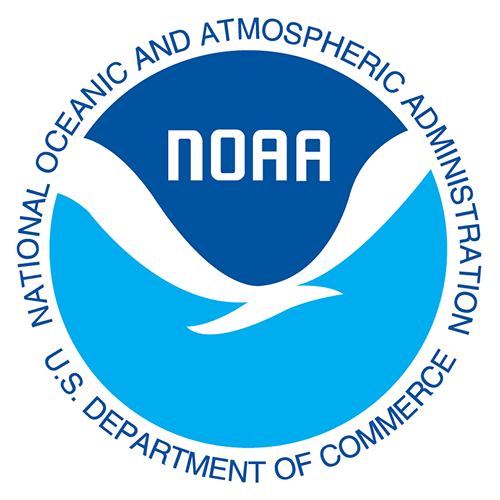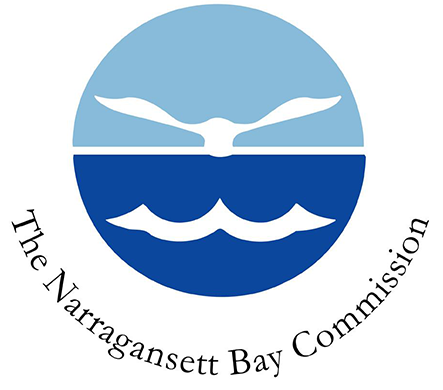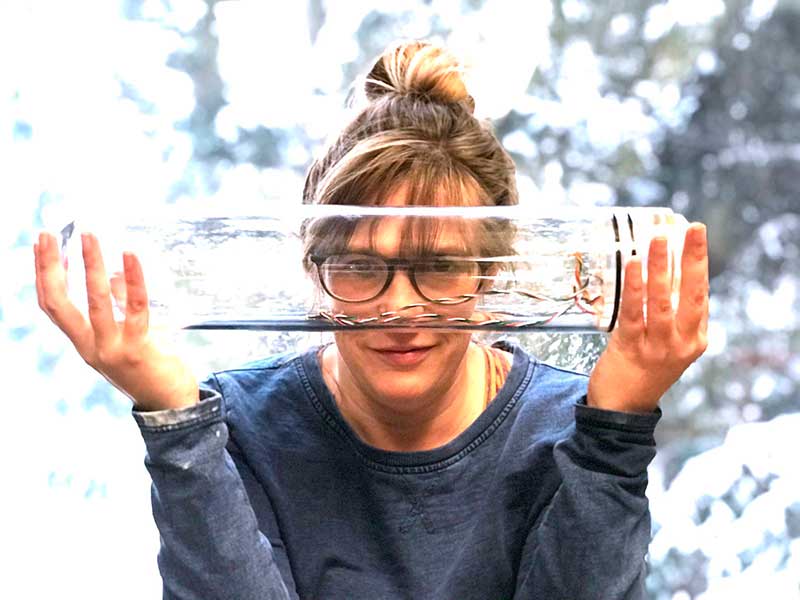Event sponsored by URI Plastics: Land to Sea and Novamont

Watch Recording ( code: 559t?8q^ )
As one of the world’s leading companies in the bioplastics sector, Novamont provides information on different types of bioplastics, how they are manufactured and which applications they are currently being used. The team will share end of life solutions for some of these materials such as industrial composting and their role in helping to divert municipal food waste from landfill to composting and how this can help alleviate global warming and increase soil health. Plus, learn about new developments on advanced recycling and what happens if they are leaked into the environment.
Novamont emphasizes the importance of collaborations in their work across the supply chain from the upstream farmers and material manufacturers to the downstream consumer brands and retailers. They will provide some working examples where policy can have an impact on these types of materials and reference the Whitehouse Executive order on ‘Advancing Biotechnology and Biomanufacturing Innovation for a Sustainable, Safe, and Secure American Bio-economy’ and the impact on future job creation.
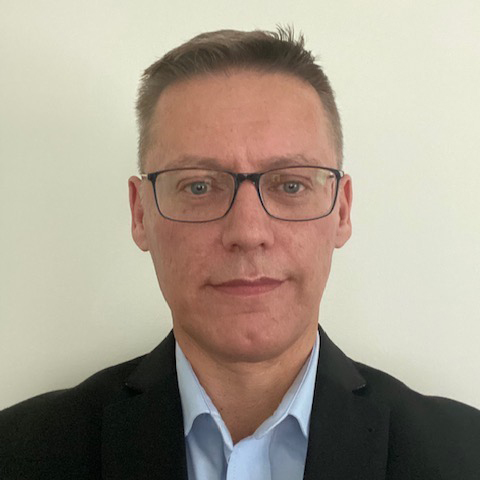
Paul joined Novamont in 2015 as the UK & Ireland Area Manager before transferring to the Novamont North American division in 2018 based in Connecticut as VP of Marketing. His responsibilities include new application development of the Mater-Bi bioplastics product line working closely throughout the supply chain from converters to brand owners plus also municipalities and the waste management sector.
Paul also represents Novamont on the BPI (Biodegradable Plastics Institute) board of Directors and previously on the advisory board of the Ellen MacArthur Foundation New Plastic’s Economy.
He has prior experience working in water treatment, paper manufacturing and plastics applications for global specialty chemical companies plus has a Bachelor of Science degree in Chemistry from the University of Liverpool.
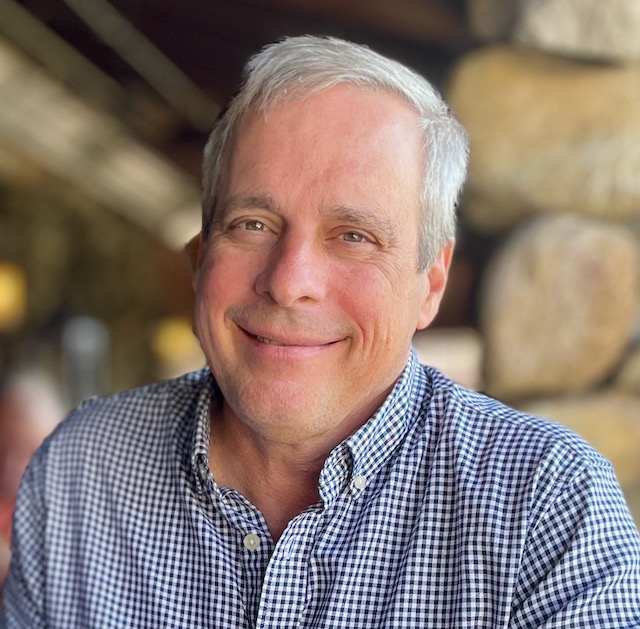
Dan Martens is the North American VP for Novamont, a global leader in the research and production of biopolymers. Novamont, headquartered in Novara, Italy is a certified B Corporation ranked in the top 4% globally, and has been awarded the “Best for the World” designation for the last two years. Novamont North America is headquartered in Shelton, CT. Dan consults with food scrap collections with the cities of New York, San Francisco, Seattle, and Toronto. He has assisted California and Washington State regarding policy. As part of the NRDC Food Matters program in 2019, Novamont hosted 5 U.S. cities on a tour of Northern Italy food waste prevention, collections and processing systems. Dan serves on the following boards: Canadian Compost Council, BPI, PIA – Bioplastics (Chair). Dan serves as an advisory board member to SCRI, a USDA-funded 5-year study of plastics in agriculture with Washington State, Nebraska State, and the University of Tennessee. He was invited to be a team member with Canadian federal level workgroups with the Ministry of Environment in Ontario and the ECCC. Additionally, Dan enjoys volunteering as founding Board Member with PCCI (Park City Composting Initiative), a UConn Master Composter and with his local Town Sustainability Group.


